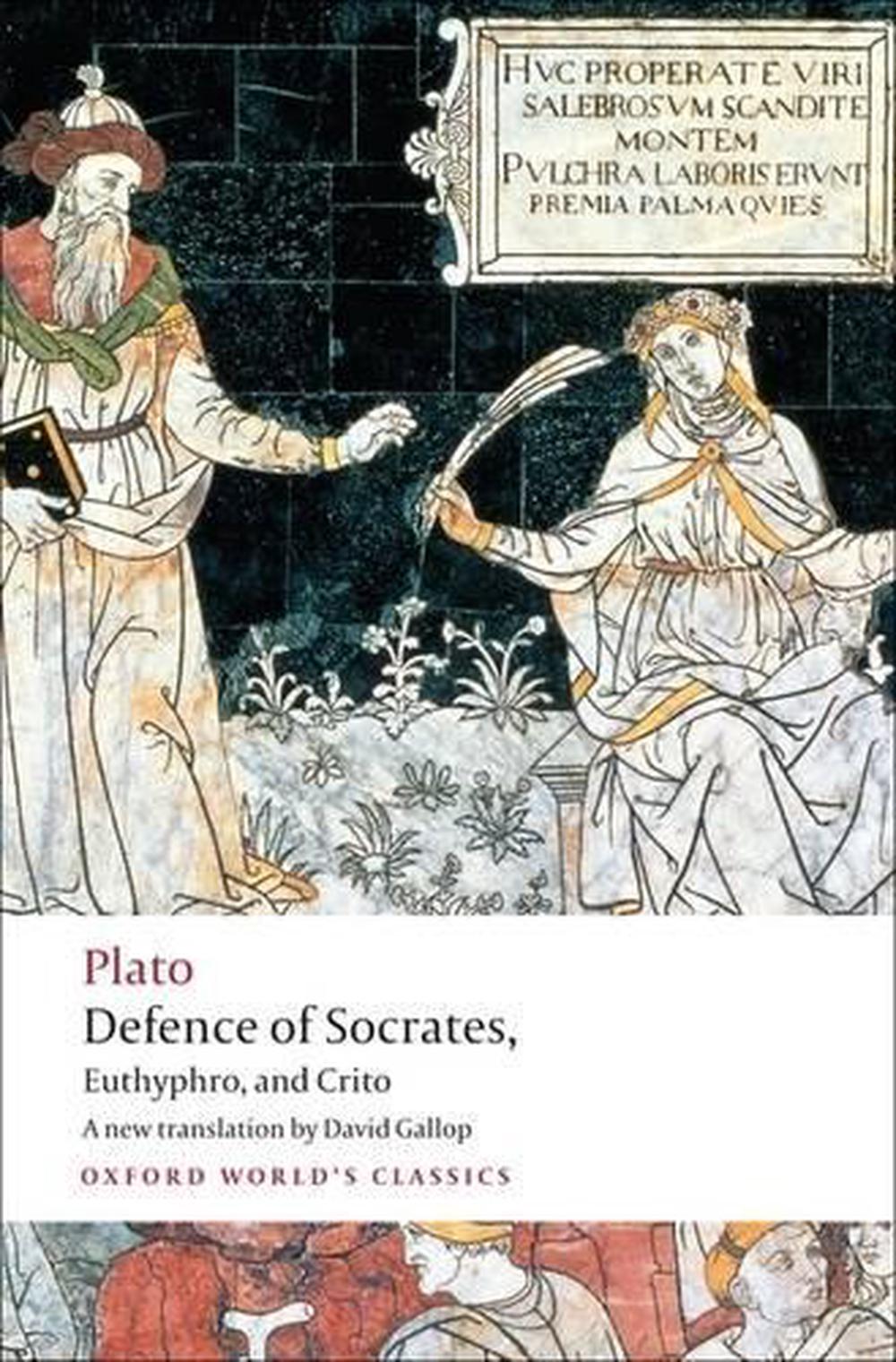

Elle émerge à chaque fois au nom d’un plan invisible (différence verticale) et se fonde sur une forme d’ignorance. L’atopie s’avère un positionnement à la frontière entre deux domaines : la vie politique et la « mission » divine de Socrate le discours et le « ce qu’est », l’intérieur et l’extérieur, un monde « typhonique » du pur devenir et un monde structuré par une destinée divine. Pourtant, à la lumière de mon interprétation, être atopos ne se confond pas avec un simple écart (différence horizontale) par rapport aux autres et aux coutumes. À ces trois sens d’atopos, le discours d’Alcibiade dans le Banquet ajoute un quatrième, dont la postérité est considérable : Socrate échappe à toute comparaison avec d’autres êtres humains. Dans les premiers passages mentionnés, Socrate est appelé atopos pour trois raisons différentes : il ne participe pas à la vie politique de la cité, mais choisit de discuter en particulier il mène ses interlocuteurs dans des apories il ne s’intéresse pas aux interprétations modernes des mythes, mais, à cause de son ignorance, il consacre son temps libre à la connaissance de soi. Mon travail donne aussi un aperçu global de l’exégèse moderne s’intéressant au sens de l’atopie socratique. 221d) qui émerge à partir de ces occurrences. Mon étude porte sur quatre paragraphes du corpus platonicien et le sens philosophique de l’atopie du personnage « Socrate » (Apol. This argument should be the basis of the reinterpretation of the Apology as a whole, and would contribute to the study of the origin of Western political thought, especially the idea of the philosopher kings.

By identifying himself with the Greek traditional hero, Achilles, Socrates improved the image of philosophy in people’s minds, making it acceptable to them where it hadn’t been before. Against the general view, this article argues that Socrates attempted to make himself a hero by using the traditional value system of the city. Although scholars have had different interpretations as to whether Socrates’ sincere intention was to be acquitted or to proclaim philosophical truth at the risk of capital punishment, they almost all share the view that Socrates was sentenced to death because of a discrepancy between philosophy and politics: ordinary people simply could not understand him. Focusing on the part of the “digression” in Plato’s Apology of Socrates, this article analyzes Socrates’ explanation of his philosophical activity before the public.


 0 kommentar(er)
0 kommentar(er)
